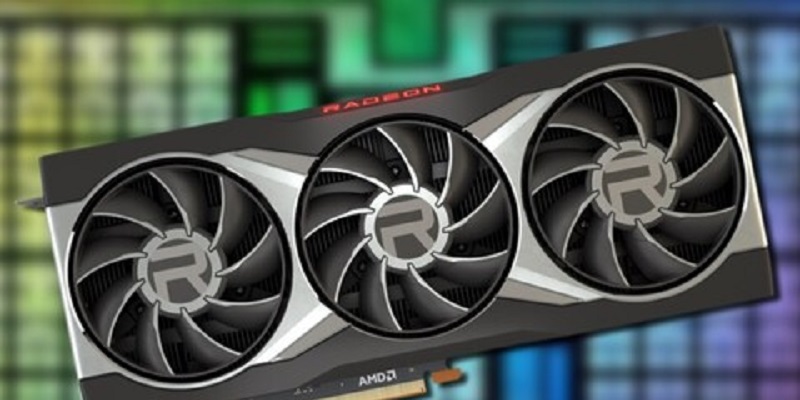The highly anticipated Radeon RX 7000 “RDNA 3” GPU family from AMD is now officially complete. AMD has confirmed that no additional SKUs are planned, but there may be a potential refresh in the future. This milestone marks a significant step for AMD as they continue to establish themselves as formidable competitors in the graphics card market.
Launch Details
AMD’s new Radeon RX 7000 lineup will target the high-end gaming segment, offering powerful performance at competitive price points. The cards are set to launch on September 6th, with a wide range of models available to cater to varying needs and budgets. This extensive selection ensures that gamers have plenty of options to choose from when building their dream gaming rigs.
Gap in Mainstream Gaming Segment
While the Radeon RX 7000 series focuses on the high-end market, it’s notable that AMD currently lacks competition in the $299-$399 US price range. This leaves a substantial gap, as this price segment typically attracts the majority of mainstream gamers. It will be interesting to see how AMD addresses this gap in the future and whether they can offer an enticing solution for budget-conscious gamers.
Comparison with NVIDIA’s GPUs
AMD’s RX 7000 series is positioned to go head-to-head with NVIDIA’s latest offerings. The Radeon RX 7900 XTX aims to rival the RTX 4080 with its impressive 24 GB VRAM. Meanwhile, the RX 7900 XT competes with the RTX 4070 Ti, offering 20 GB VRAM. The RX 7900 GRE provides a strong alternative to the RTX 4070, boasting 16 GB VRAM. Additionally, the RX 7800 XT and RX 7700 XT take on the RTX 4070 and RTX 4060 Ti with 16/12 GB VRAM, respectively, rounding out the lineup.
AMD’s Statement on RDNA 3 Portfolio Completion
Scott Herkelman, a spokesperson for AMD, has announced the completion of the RDNA 3 portfolio. Herkelman emphasized that all planned products within the lineup have now been released. However, he also stated that future versions with similar specifications and minor changes might still be possible, depending on market demand and competition.
Reduction in SKUs compared to RDNA 2
With the Radeon RX 7000 series, AMD is offering a smaller number of SKUs compared to its RDNA 2 lineup. The RDNA 2 lineup featured a total of 9 Radeon RX 6000 launches and an additional 3 refreshed parts. The reduction in SKUs for RDNA 3 shows AMD’s focused approach to streamlining their offerings while ensuring optimal performance and market competitiveness.
No Plans for RTX 4090 Competitor or High-End Gaming Laptops
Surprisingly, AMD has no plans to release a direct competitor to NVIDIA’s potential RTX 4090 graphics card. This decision is notable, especially considering AMD’s recent strides in the GPU market. Additionally, AMD will not be targeting high-end gamers in the laptop segment. This strategic choice may indicate AMD’s intention to prioritize other areas of their business or explore different market opportunities.
RDNA 4 Rumors and the Enthusiast Space
As RDNA 3 reaches completion, rumors have emerged about AMD’s upcoming RDNA 4 lineup, set to launch in the coming year. According to recent speculation, AMD is unlikely to target the enthusiast space with RDNA 4. These rumors suggest that AMD may be focusing on other segments of the market, perhaps aiming to consolidate their position or explore new technologies and innovations.
AMD’s completion of the Radeon RX 7000 ‘RDNA 3’ GPU family signals their commitment to delivering cutting-edge graphics solutions for the high-end gaming market. While the absence of competition in the mainstream gaming segment raises questions, it also presents an opportunity for AMD to cater to this significant market gap in the future. As gamers eagerly await the September 6th launch, the GPU market is sure to see increased competition and exciting advancements, ultimately benefiting consumers with more choices and improved performance.

